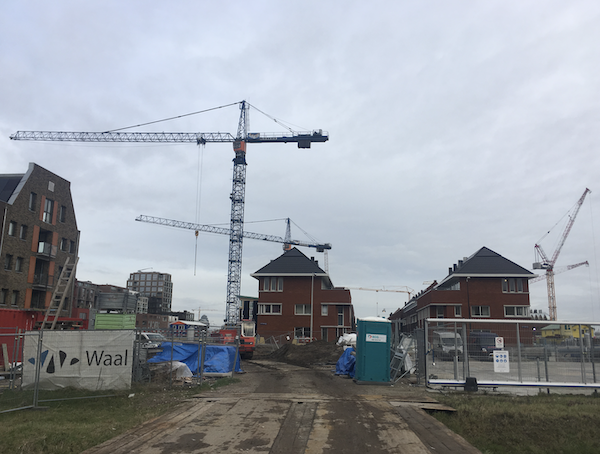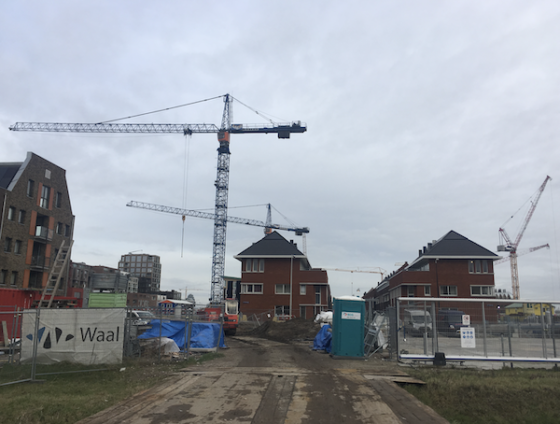Setback for government as Council of State throws out new nitrogen rules


The Netherlands’ highest administrative court, the Council of State, has struck out a temporary regulation that allowed large building projects to go ahead despite tight restrictions on nitrogen pollution.
The decision is a blow for the government’s efforts to keep the construction sector running after the court ruled in 2019 that its environmental permit system violated European conservation rules.
The case was brought by environmental activist group Mobilisation for the Environment (MOB) against the Porthos project, designed to allow construction firms in the Rotterdam region to store excess carbon dioxide under the seabed.
The government exempted the project from limits on ammonia and nitrous oxide emissions, arguing that any emissions during construction were only temporary. MOB fought the exemption on the grounds that the Council of State’s ruling in 2019 applied to all nitrogen emissions.
The original ruling tore up the previous permit regime, know as the PAS regulations, which allowed nitrogen emissions from building projects to be offset against future gains by environmental efficiency measures. The decision led to thousands of building projects being put on hold while their effect on nitrogen pollution was reassessed.
Impact on construction
The latest decision is likely to have a similar effect, as the court ruled that each individual building project must be judged on its own merits. Energy minister Rob Jetten has warned that it will also hold up the construction of renewable energy infrastructure such as wind turbines.
MOB said in a statement that the Dutch laws on nitrogen pollution needed to be ‘fundamentally rethought if the Netherlands is seriously planning to reduce nitrogen compound emissions.’
‘The trade in nitrogen must be halted with immediate effect … [there must be] a moratorium on permits and the construction of new cattle sheds.’
The nitrogen ruling from 2019 was also the catalyst for the government’s plans to cut back the agriculture sector, which is responsible for 41% of emissions. An agreement between EU nations requires all nations to limit pollution levels in designated conservation areas known as Natura 2000 zones.
Thank you for donating to DutchNews.nl.
We could not provide the Dutch News service, and keep it free of charge, without the generous support of our readers. Your donations allow us to report on issues you tell us matter, and provide you with a summary of the most important Dutch news each day.
Make a donation